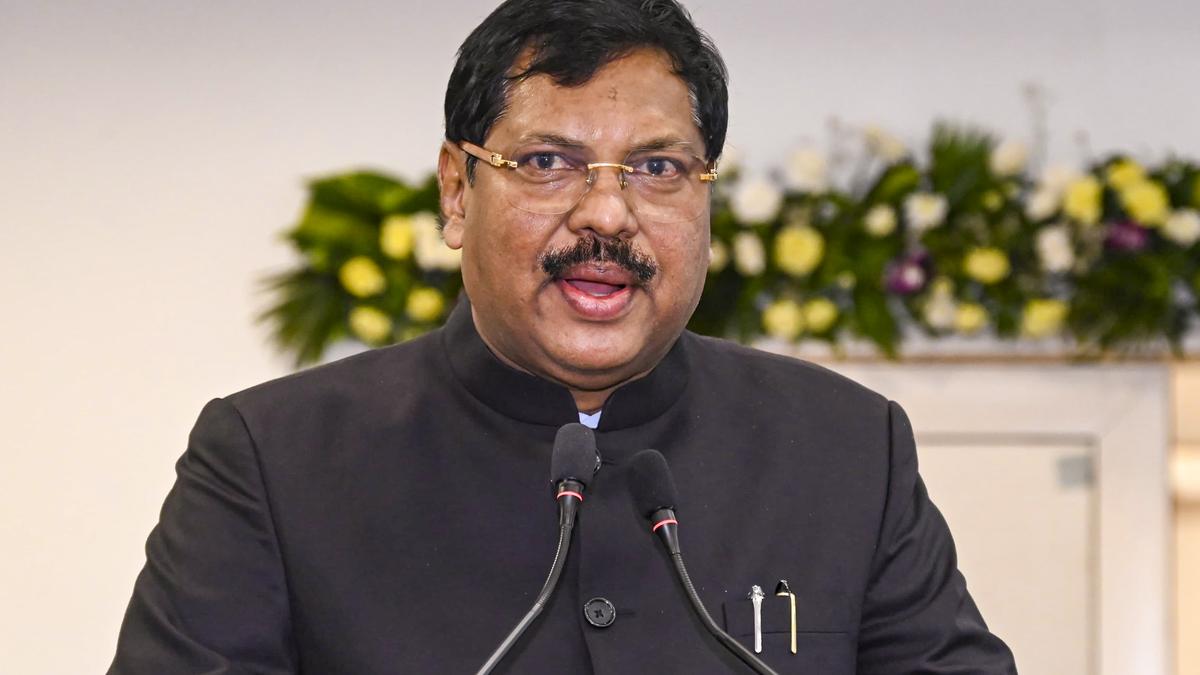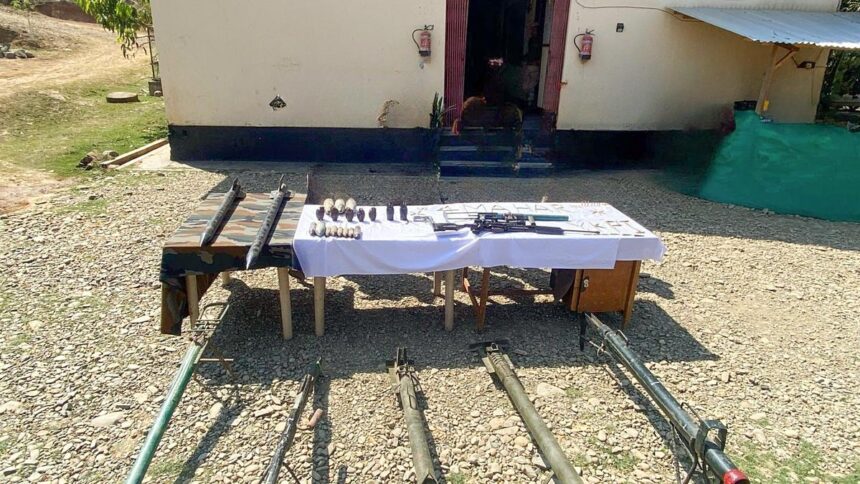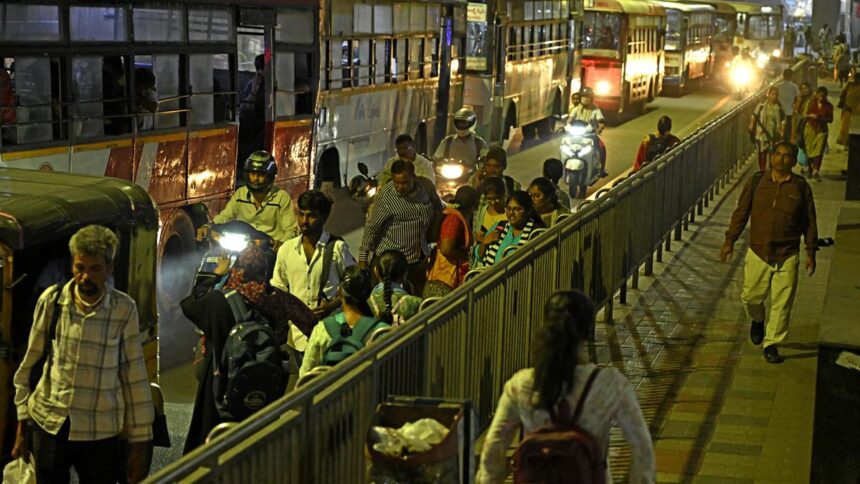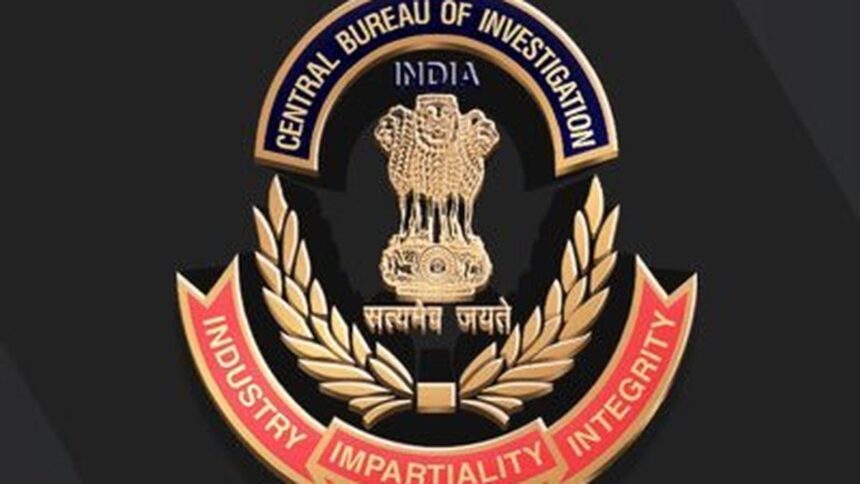
Chief Justice of India (CJI) B.R. Gavai. File
| Photo Credit: PTI
An advocates’ forum based in Chennai has sent a representation to Chief Justice of India (CJI) B.R. Gavai to consider bringing in social diversity even among members of the collegium in the Supreme Court and High Courts through the inclusion of senior-most judges from Other Backward Classes (OBC), Scheduled Castes (SC), and Scheduled Tribes (ST).
The lawyers’ forum led by K. Balu, also the co-chairman of Bar Council of Tamil Nadu and Puducherry, said representation of OBCs and SC/STs within the collegium was essential for three reasons: corrective justice, perspective in deliberations, and constitutional legitimacy. It said, their representation would serve as an institutional correction to decades of structural exclusion of certain communities.
Secondly, judges from socially disadvantaged backgrounds would enrich the process of collegium deliberations by bringing in depth of experience. Thirdly, it would help in fulfilling the constitutional goal of ensuring social justice. The forum also stated that the process of ensuring social diversity within the collegium could be done through internal reform, without requiring any legislative intervention.
“At least one judge from OBC and SC/ST could be included in the collegium discussions, either formally or through consultative inclusion with regard to considering social diversity… The judiciary, which demands transparency and equity from all others, must also be the first to exemplify it… The collegium, which decides who enters and rises within the judiciary, must not remain a closed chamber of privilege,” the forum said.
At present, the names of lawyers and district judges for elevation as judges of the High Courts emanates from the respective High Court collegiums, comprising the Chief Justice and the next two senior judges. The three-member High Court collegiums were expected to recommend names of lawyers on the basis of consultations with eminent members of the Bar and other judges of the High Court.
In so far as recommendation of names of district judges for elevation to the High Court was concerned, the High Court collegiums were required to shortlist names primarily on the basis of merit and integrity while maintaining their inter se seniority in service. The collegiums also take into consideration the district judges’ Annual Confidential Reports, disciplinary proceedings, case disposal record, and so on.
An advance copy of the recommended names gets forwarded to the Supreme Court collegium comprising the Chief Justice of India and four senior judges of the top court. The five-member Supreme Court collegium, in turn, seeks the views of colleagues who were conversant with the affairs to the High Court concerned and also makes independent inquiries before submitting its recommendation to the Centre.
For quite sometime, there had been calls from various quarters for ensuring social justice while recommending names for elevation to the higher judiciary. Now, the demand has been taken a step further by seeking social diversity even within the collegium system.
Published – July 10, 2025 02:41 pm IST






















